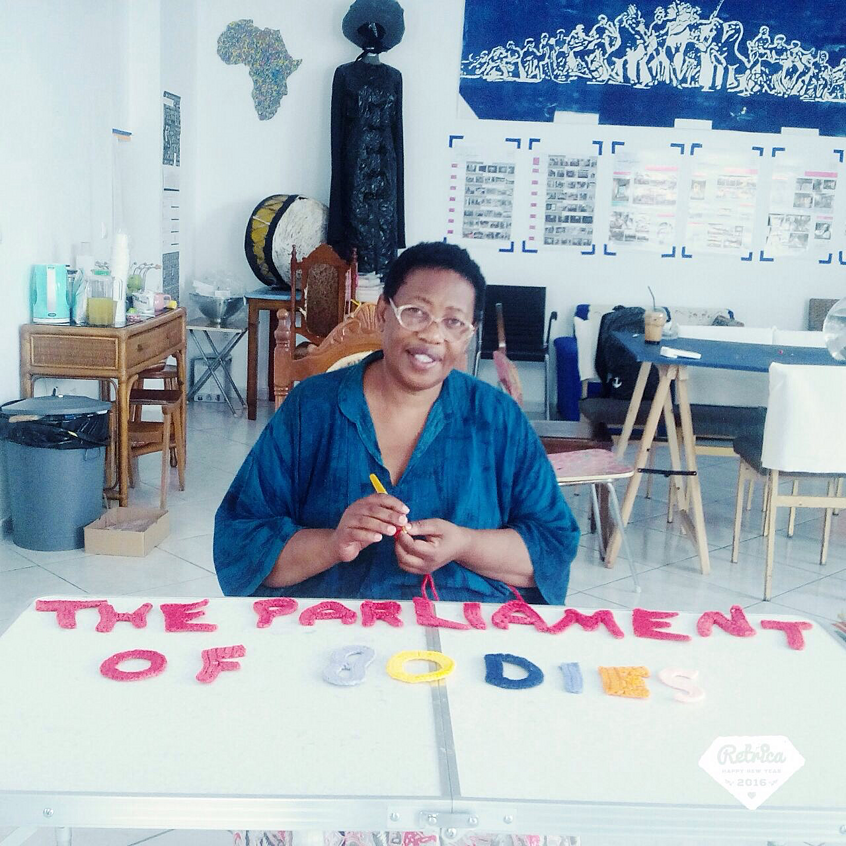We warmly invite you to the inauguration of The Society of Friends of Ulises Carrión. This Society takes the work and methods of Mexican artist Ulises Carrión (1941–89) as a starting point in order to explore cultural strategies and practices at the intersection between literature, performance art, conceptual art, and life. The Society opens up ways of research and thinking about art, culture, and the stories circulating through unread pages, through regular meetings with artists, curators, writers, fans and scholars alike. More than just a discussion of the work of the artist, the meetings try to challenge the participants’ political imagination in the manner of Carrión. On this first evening, documenta 14 team members Hendrik Folkerts and Arnisa Zeqo will perform a reading from the work of Carrión, followed by the keynote lecture Encountering: Gesture as Event, or The Conceptual Body by art and performance historian Amelia Jones.
Reading of Works by Ulises Carrión
With Hendrik Folkerts and Arnisa Zeqo
7–7:45 pm
Encountering: Gesture as Event, or, The Conceptual Body
Talk by Amelia Jones followed by a discussion
8—10 pm
Amelia Jones’s talk discusses how in histories of Western contemporary art, conceptualism has been articulated as a very separate movement from that of body or performance art: the two modes of production are seen as driven by completely different concerns. Focusing on the process of encountering that certain art practices, such as that of Ulises Carrión, put into play, Jones discusses our current perspective, in which the radical rights movements of the 1960s and 70s are being reevaluated. She argues that the most complex and productive works from this period intersected conceptual and embodied concerns in ways that began to transform the basic question of art’s value, meaning, and role in society. Paying attention to the tensions between concept, body, event, and “art” that surfaced around 1960 in the Western world allows for a more profound understanding of how conceptualism, performativity, and the body mutually affect and inform each other in art staged as “event.”
Following the lecture, Hendrik Folkerts and Arnisa Zeqo will moderate a discussion with Amelia Jones.
Amelia Jones is Robert A. Day Professor at Roski School of Art and Design, University of Southern California. A curator, theorist, and historian of art and performance, her recent activities include the anthology Otherwise: Imagining Queer Feminist Art Histories (co-edited with Erin Silver) (2016), “On Trans/Performance,” a special issue of Performance Research (2016), the edited volume Sexuality (2014), and the exhibition Material Traces: Time and the Gesture in Contemporary Art, Leonard & Bina Ellen Art Gallery, Montréal, 2013. Jones lives and works in Los Angeles.
Hendrik Folkerts, documenta 14 Curator, was Curator of Performance, Film, and Discursive Programs at the Stedelijk Museum in Amsterdam from 2010–15. He studied art history at the University of Amsterdam, specializing in contemporary art and theory, feminist practices, and performance. Folkerts is the co-editor of Stedelijk Studies #3 titled “The Place of Performance” (with Sophie Berribi) (2015), and of The Shadowfiles #3, “Curatorial Education” (with Ann Demeester and Edna van Duyn) (2013). Folkerts is based in Kassel.
Arnisa Zeqo is an educator and art historian currently working on aneducation of documenta 14. She studied Art History and Philosophy at the University of Amsterdam. There, in 2011, she co-founded rongwrong, a space devoted to art and theory. In 2015 she was Curator in Residence at Center for Curatorial Studies at Bard College, where she focused on the performances of Ulises Carrión and wrote the conceptual essay “Let’s spit on Szeemann” (2015). Zeqo lives and works in Athens.


